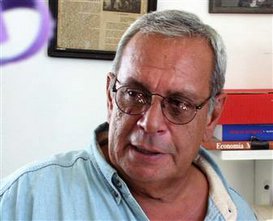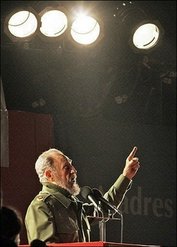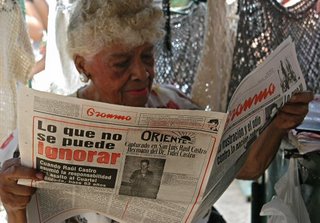From the vault
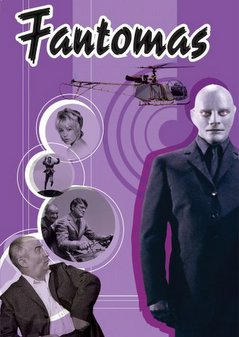
His name was Fantomas. By day, he was a wealthy, suave and sophisticated French playboy, always surrounded by elegant (and seemingly available) women. By night, he became a cunning, almost supernatural jewel thief. Always one step ahead of the police.
If you grew up in Cuba in the 1960s, as I did, then you’d know what I am talking about.
Fantomas was a series of French films starring Jean Marais as Fantomas (aka Fandor) and Louis de Funes as his nemesis, the bumbling but likeable Commissioner Juve.
For some strange reason, the films found their way to communist Cuba during that crazy decade when the entire place was turned on its head by a man called Fidel Castro.
In all, there were three films in the series: the original Fantomas (1964), Fantomas se desencadena (1965) and Fantomas contra Scotland Yard (1966). Each and every one was a huge hit in Cuba.
As I recall in my new book, Child of the Revolution: Growing up in Castro’s Cuba (what do you mean you don’t have a copy yet?), my brother and I would wait anxiously for the next Fantomas instalment to make its way to the Teatro Hernandez in sleepy Banes. It was the same in every town on the island.
I think there were probably three principal reasons for this:
1. The films were devoid of any political message whatsoever. They were pure escapism, in bright, capitalist Technicolour ... unlike most films shown at the time, the majority of which were in black and white and boring and very, very long. And made in communist Russia.
2. The special effects were quite impressive. For the mid 1960s, anyway.
3. Fantomas opened a little window into a world most Cubans of my age could only dream about at the time. A world of abundance, of fast cars, fashionable restaurants. A world of no queues, no shortages, no “voluntary” work on weekends … and no four or five hour speeches from El Comandante en Jefe.



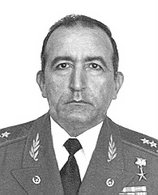
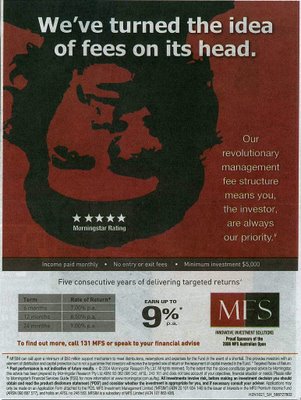

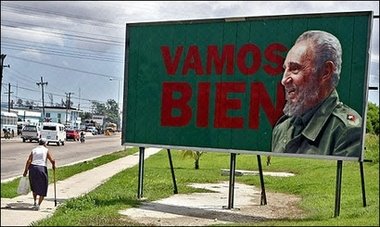
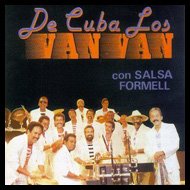



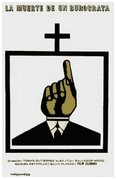
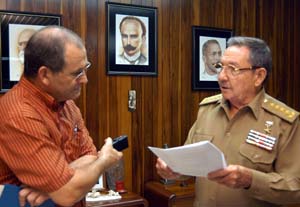

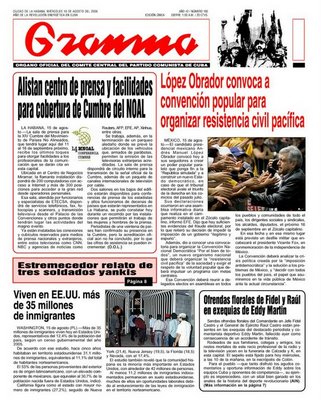
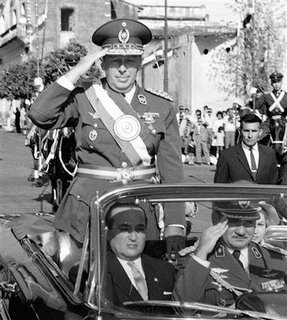
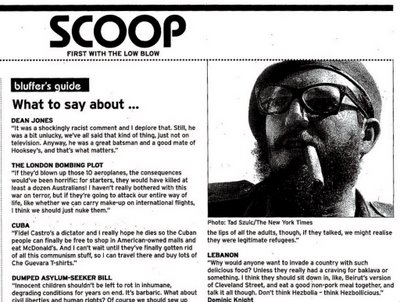
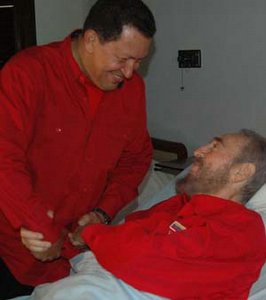



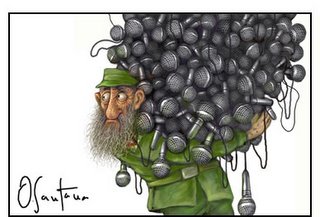


 The name Gustavo Arcos Bergnes may not mean much to most people inside Cuba – or outside.
The name Gustavo Arcos Bergnes may not mean much to most people inside Cuba – or outside.